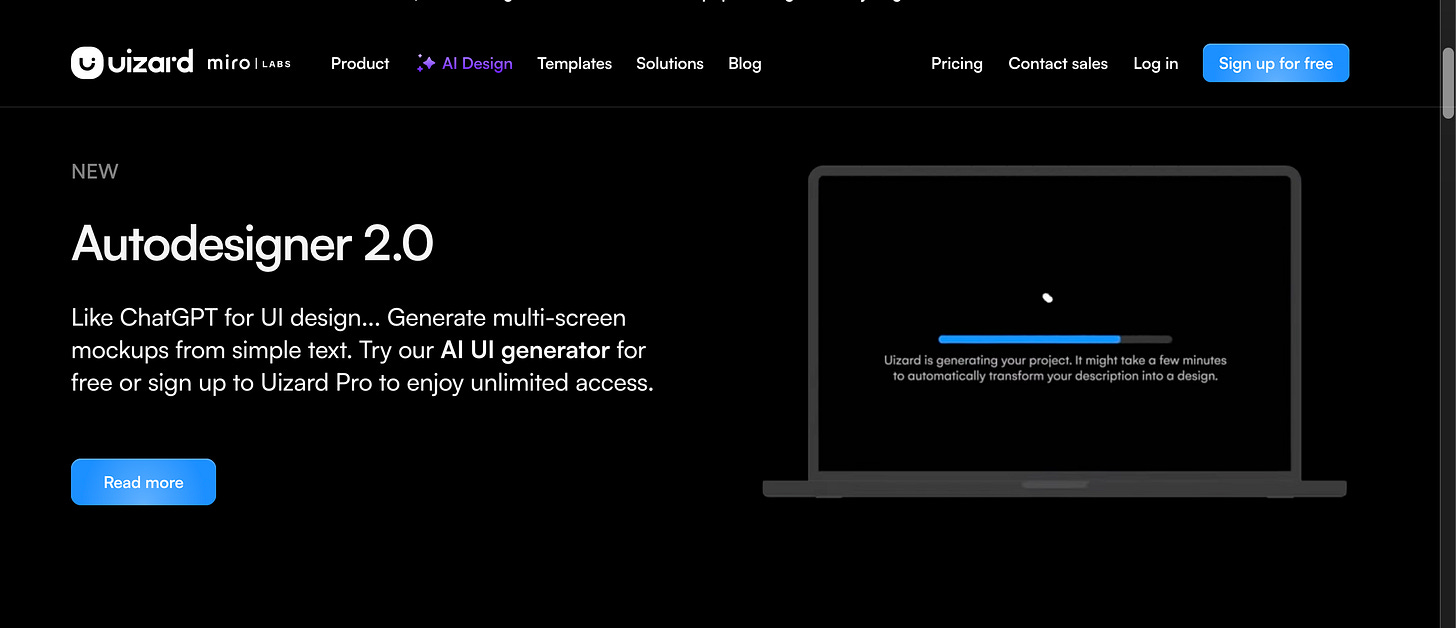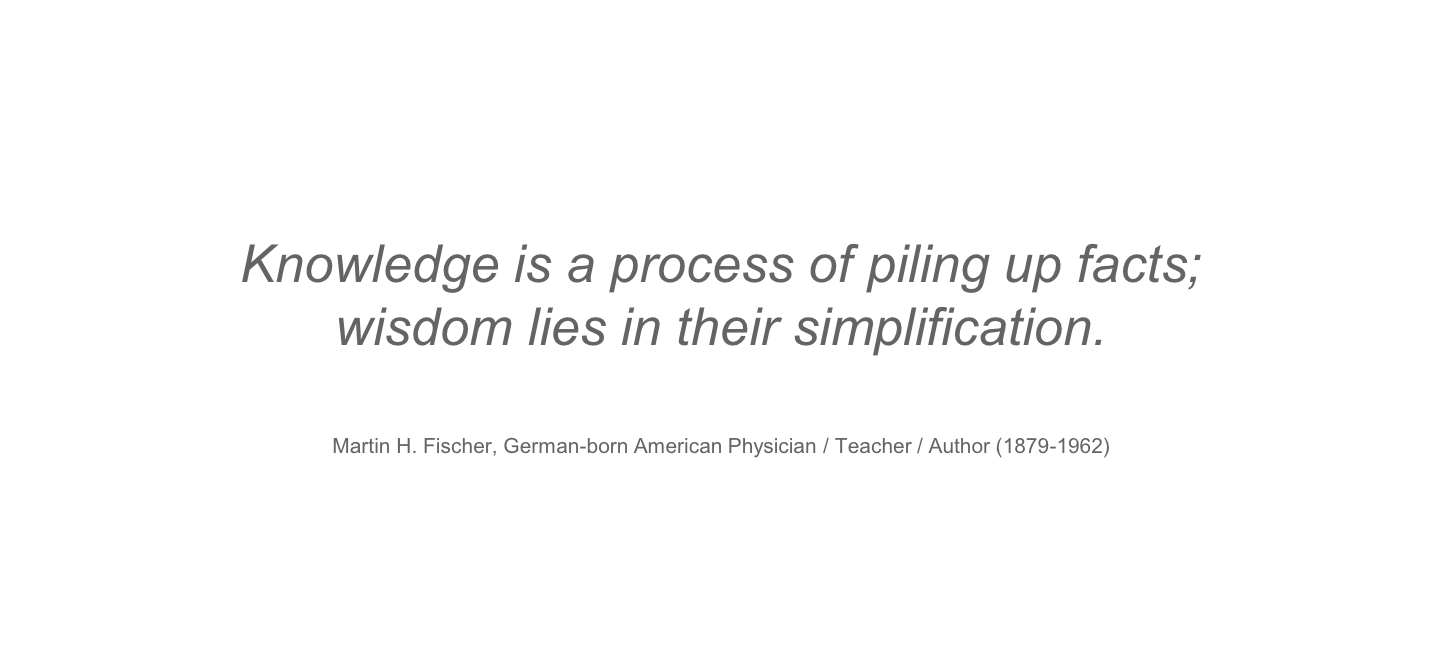Simplify to See Clearly
#71
Life happened.
Tried going for two issues a week — turns out, life had other plans. So I’m back to my regular rhythm, i.e. the Sunday issue I always return to — with the occasional bonus when time allows.
2 weeks of funding rounds, reflections, and my take on that must-read AI report. Enjoy.
The test of a first-rate intelligence is the ability to hold two opposed ideas in mind at the same time and still retain the ability to function. - F. SCOTT FITZGERALD
🧠 Founder Psychology
Lessons from Ivan Zhao (Notion)
It’s always about the founder.
Research shows that psychological traits like resilience, adaptability, and vision often outweigh external factors when predicting startup outcomes. The founder’s internal world shapes how they navigate setbacks, build culture, and make high-stakes decisions.
Ivan Zhao, co-founder and CEO of Notion, is proof of that. His journey reveals how a founder’s mindset and philosophy can transform failure into a $10 billion success story.
Resilience and Adaptability
Notion was founded in 2013 and raised $2 million in seed funding by 2015. After its first public launch in 2016, the product didn’t resonate as hoped. Instead of giving up or chasing fast growth, Zhao and co-founder Simon Last made a bold move in 2017—they relocated to Kyoto, Japan. This wasn’t just a change of scenery; it was a deliberate choice to create a calm, distraction-free environment to rethink and rebuild Notion from scratch.
With a tiny team—sometimes just the two of them coding 18-hour days—they focused intensely on making a product that felt simple, flexible, and useful. No big office, no VC pressure, just ruthless iteration and deep focus. This quiet reset laid the foundation for what would become a cult favorite among users.
Vision Based on Systems Thinking
Ivan Zhao studied cognitive science at the University of Waterloo, which shaped his holistic approach to startups. He views Notion not just as software, but as a living system where product, culture, and team must grow in balance—much like ecosystems in nature. Zhao famously compares Notion to a beetle: small, strong, and beautiful.
This systems thinking helped him build for the long run, resisting the urge for short-term hype. Notion’s user base grew steadily, reaching 1 million users by 2019 and 20 million by 2021, the same year the company was valued at $10 billion.
Craft and Hospitality
What sets Notion apart is Zhao’s obsession with craftsmanship and hospitality. He treats users like guests, not just customers. From the clean, intuitive design—crafted extensively using Figma—to the thoughtful customer support, every detail reflects care and respect.
This approach builds trust and loyalty. Zhao’s philosophy is inspired by Douglas Engelbart’s vision of augmenting human intellect, which drives Notion’s mission to empower users to create their own workflows and systems.
What Founders Can Learn:
Don’t fear failure — Use it to pause, reflect, and rebuild smarter. Zhao’s move to Kyoto in 2017 was a turning point.
Think like a system — Ensure all parts of your startup—product, culture, team—grow together harmoniously.
Focus on the user — Prioritize making products that feel good and are genuinely useful.
Care about details — Small touches in design and support create deep user trust.
Stay flexible — Be ready to pivot and adapt, even if it means starting over.
⚒️ Tool of the Week
Uizard
I was talking to a founder this week — she’s working on a new app and had the whole vision in her head: the flow, the screens, the user journey. But how do you turn all that into something you can actually see?
That’s where it got tricky.
Figma felt like too much. “I just need to get the idea out, not design the perfect interface,” she said. And as a beginner, it felt like a blank canvas asking too many questions — fonts? spacing? components?
Hiring a designer? Still too early. Same questions, more back-and-forth, and honestly, not the best use of time at that stage.
So I pointed her to Uizard. She sketched her idea on paper, uploaded it, and within minutes had a working UI mockup she could share with her cofounder and early users.
If you’re at that early stage — idea in your head, not ready to hire, and no time to learn design tools — Uizard could be the shortcut.
Try it HERE
💼 Partner with More Than Tech
This newsletter is read weekly by a curated group of founders, builders & investors across the US, UK & Europe.
Got a tool, company, or insight worth sharing?
I’m now opening a few sponsor spots for thoughtful products I genuinely rate.
Just reply to this email or DM me here to explore a fit.
💭 Reflections
We all struggle sometimes with explaining things clearly and simply. Just yesterday, I found myself smiling (and cringing) at the very first versions of the Pretiosum deck — let’s just say it was… far from where we are now. :)
That’s why I love the 1-1-1 method: can you explain your idea in 1 page, then 1 paragraph, then 1 sentence? Sounds simple, but much easier said than done.
So what is the lesson here? If your idea sparks too many questions, it’s probably not clear enough. Shorten it. Then run it through one of the AI tools out there — NotebookLM, ChatGPT, Perplexity… you name it. Just feed in your draft and ask for help simplifying.
Not perfect, but a great thought partner.
Sometimes that’s all you need to get out of your own head.
📚 Learn
The AI Report
A legendary VC firm recently released their annual trends report — and this year, it’s fully focused on AI.
I spent 2 hours reading all 340 pages. It’s easily one of the sharpest AI breakdowns I’ve seen.
To download the report, the link is
Keep reading with a 7-day free trial
Subscribe to Human OS to keep reading this post and get 7 days of free access to the full post archives.



